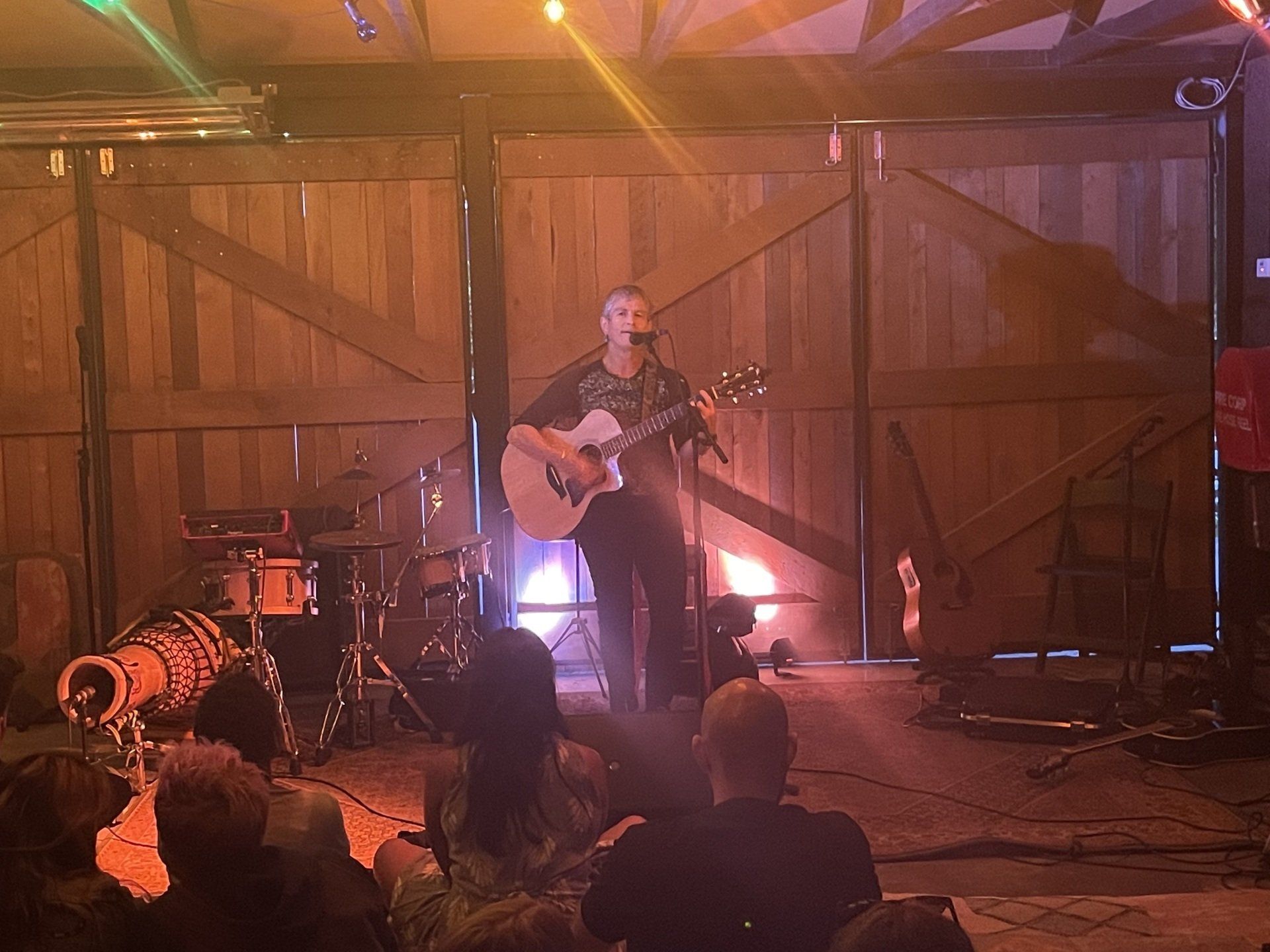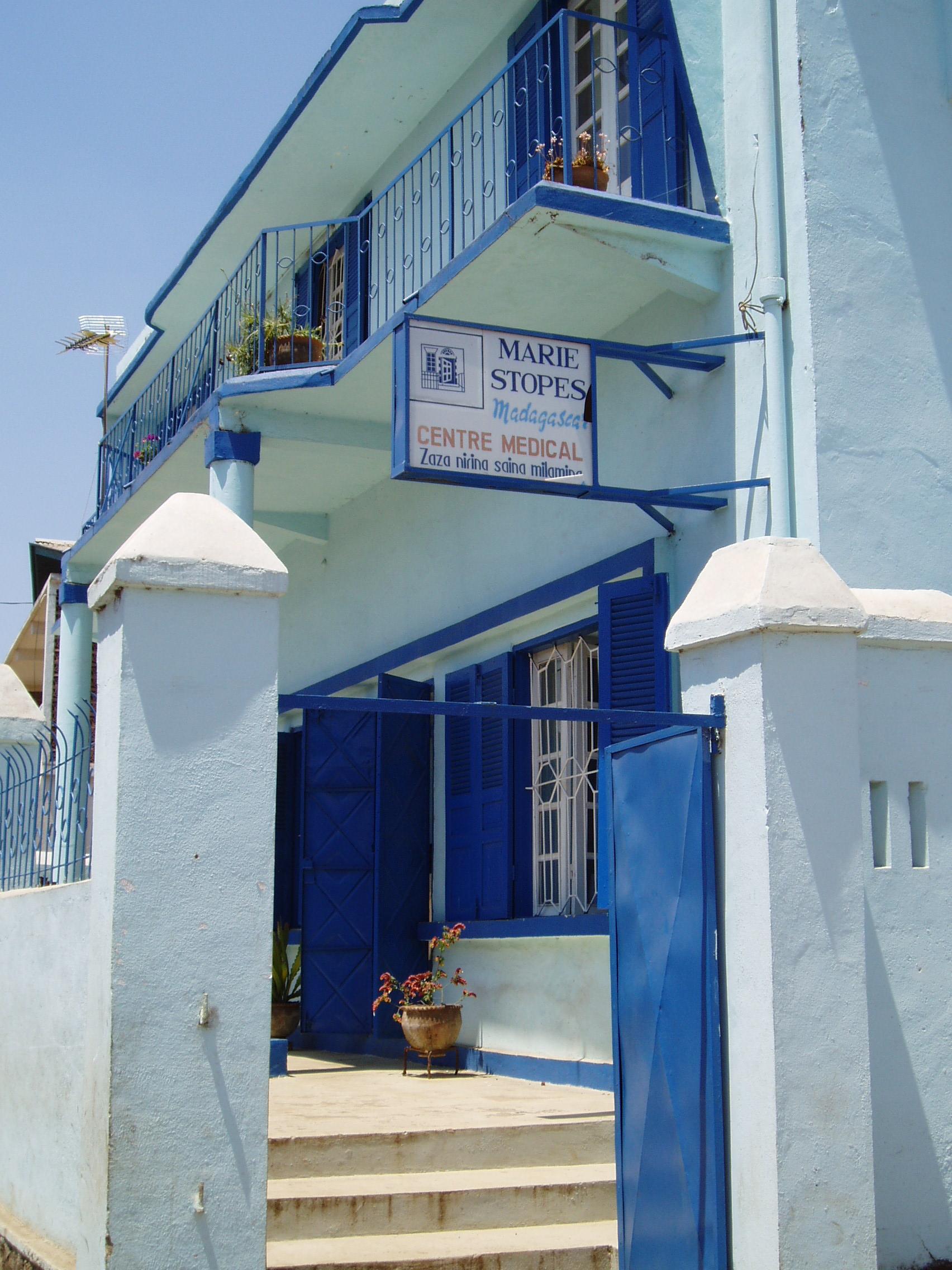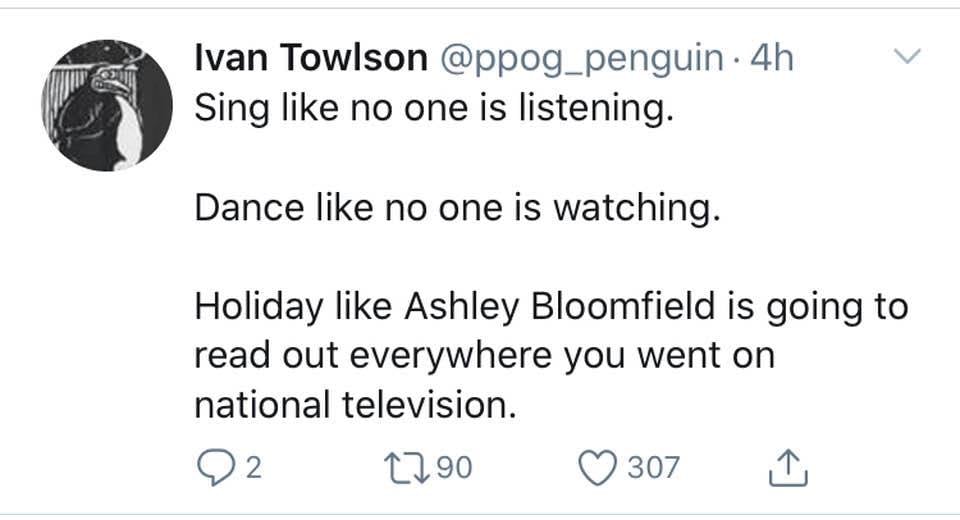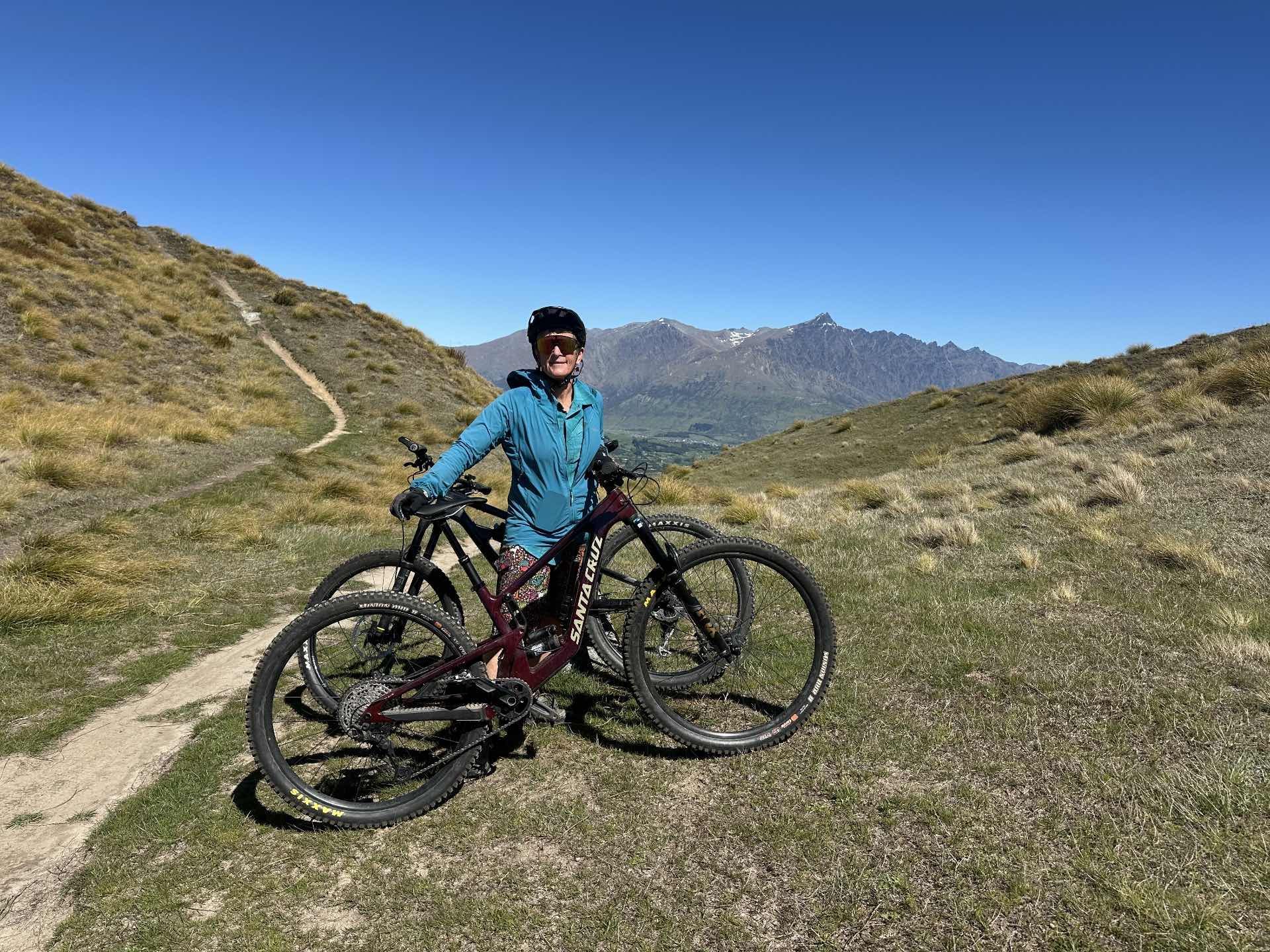A diverse life

At one time I aspired to be like Marie Stopes. Who is she, you might ask. If you are a coal geologist you will know, but most of you probably are not coal geologists. I was a coal geologist in an earlier life; today it is fairly embarassing to explain to people that your PhD was about a material that is now seen as the devil, or something close to evil. At the time I did my PhD the number one consideration was that there was a scholarship to do it and the number two consideration was that the scholarship was about something vaguely useful to human beings – I did not want a topic that was completely removed from reality. So I embarked on a study of the geology, chemistry and petrology of the coal seams at Ohai, in the south of New Zealand.
I learned about Marie Stopes because she created a system for classifying the different things you see in coal – petrology. Born in 1880 in Edinburgh, Marie studied at University College London and then moved to Munich to become the first woman to gain a PhD in botany in Germany – she studied the botany of fossil plants. Returning to the UK to teach paleobotany, she became interested in the plant fossils in coal in the many mines surrounding Manchester, where she became the first female academic. Driven by the material needs of WWI, Stopes shifted from an interest in the fossils, to an interest in the physical properties of the coal as they are related to its use. In 1919, she developed a method for classifying coal which is still used today.
Marie struggled against the expectations of the time in Britain; women were not supposed to study science, get PhDs, or be educators of men but Marie thought women were equal to men and should be treated that way. Marie one-upped the challenges inherent in being a scientist, she moved into the area of birth control. Many ‘Marie Stopes Clinics’ were set up around the world and became a lasting legacy that remains today.

When I first learned about Marie, I thought how admirable it was, to first be a scientist and then campaign for women’s rights in the form of birth control. She founded the first birth control clinic in Britain in 1921; the influence of birth control on women’s rights has been incalculably huge. Marie was involved in developing spermicidal pessaries as a form of birth control. She published ‘ Married Love ‘ in 1918, as part of her campaign for birth control. The book was aimed at teaching married couples how to have a happy marriage, including ‘great sex’, and separating sex from conception. Marie claimed to be offering a service to ‘the State’ by reducing the number of people affected by failed marriages; she argued that marriage should be an equal relationship between partners. The US banned the book until 1931 on the basis that it was obscene and, although officially scorned in the UK, the book went through 19 editions and sales of almost 750,000 copies by 1931.
However, what I didn’t realise was that Marie remained a particular product of her times, and her interest in birth control for women was driven by her interest in eugenics – the set of beliefs and practices that aim to improve the genetic quality of a human population, typically by excluding people and groups judged to be inferior or promoting those judged to be superior. Hitler was on the horizon as Marie’s clinics became established, and eugenics was very much a part of his platform. Eugenics was a common belief set amongst intellectuals and politicians of the time, both left and right.
In Britain, Marie hoped that “inferior” women would practice birth control. Worried about “hordes of Indians and Chinese,” she campaigned for birth control in India even more enthusiastically than in England. She also advocated sterilisation for the “hopelessly rotten and racially diseased” and wrote about the perils of interracial marriage. Stopes also publicly opposed abortion, arguing that the prevention of conception was all that was needed. Marie’s linking of eugenics with birth control has led the Marie Stopes clinics to rebrand in 2020, to “ MSI Reproductive Choices “.
One could consider the problem of Marie’s combined birth control and eugenics platform in the same vein as ferrets and rabbits and the wider environment …good birth control engendered by bad eugenics?…bad birth control because it was promoted on the basis of bad eugenics?
Marie didn’t stop at combining a scientific career with promoting birth control, she was also a writer. Marie corresponded with many literary figures, including George Bernard Shaw and H. G. Wells. She wrote several volumes of poems, plays, and novels; her first major success was Our Ostriches , a play that dealt with society’s approach to working class women being forced to produce babies throughout their lives., which play ran for three months at the Royal Court Theatre. Stopes produced two other plays for the London stage, “Don’t Tell Timothy,” a musical farce produced in 1925-26, and “Buckie’s Bears,” a children’s Christmas pageant, allegedly dictated by her son, Henry Roe-Stopes, produced annually between 1931 and 1936.
By now you might have a clearer view of my reason for wanting to emulate Marie Stopes – what an ability she had to cram diverse activities into a very full life. I certainly have never had aspirations to have the scale of impact that Marie has to this day, but the goal of pushing boundaries in multiple directions appeals to me very much. I hope that I can avoid beliefs in fundamentally flawed ideals of how the world might best be managed. However, I also fear that what might be clear in the future is never as clear in the present day; who knows what things I may now believe in that will be anathema to a generation of the future who lives in a different context. The best I can do is to continually question my assumptions to move my belief set forward into the currency of today.
In my pursuit of a diverse life, I took up the guitar last June with the goal of writing music. Lockdown had reminded me that I missed music (I successfully missed it for 35 years!) I am never going to be a pop star, or a concert guitarist, but this is an incredibly satisfying and rewarding proess and I am now testing my songs out on a sympathetic local songwriting audience. So to close, here’s a song I wrote about loving that diversity in life.






